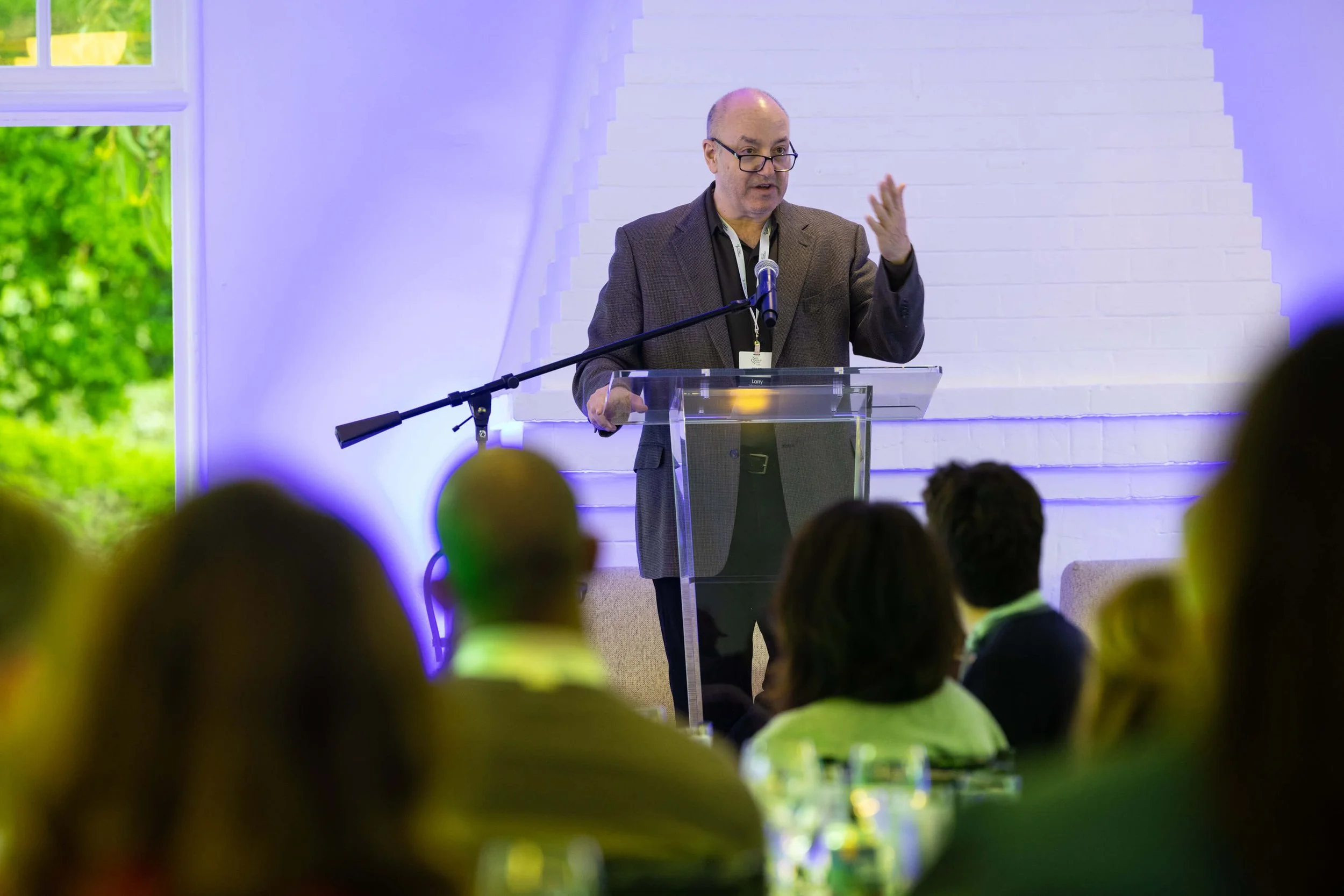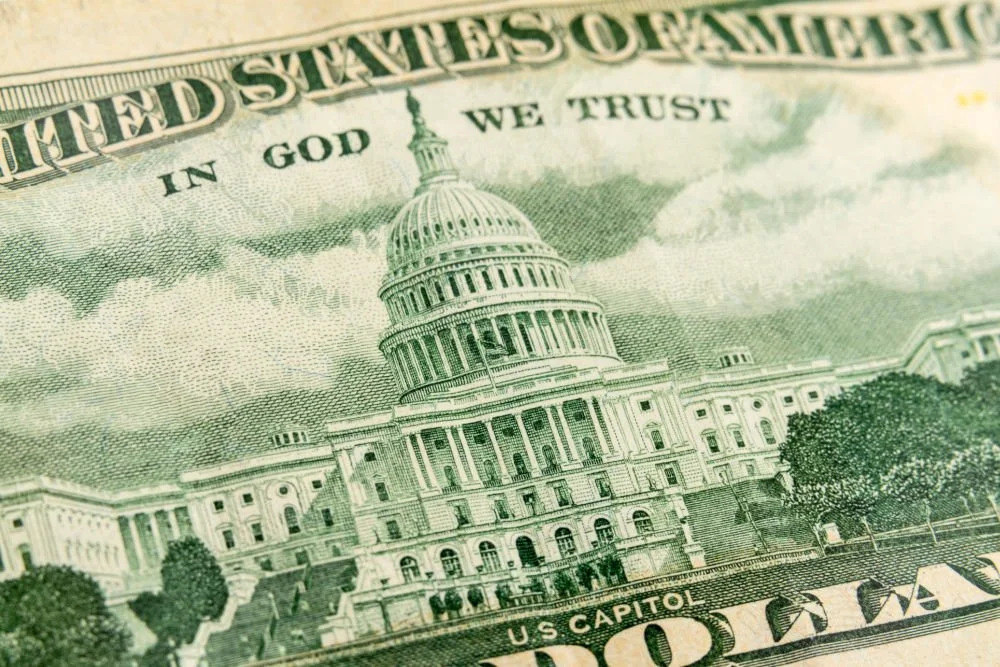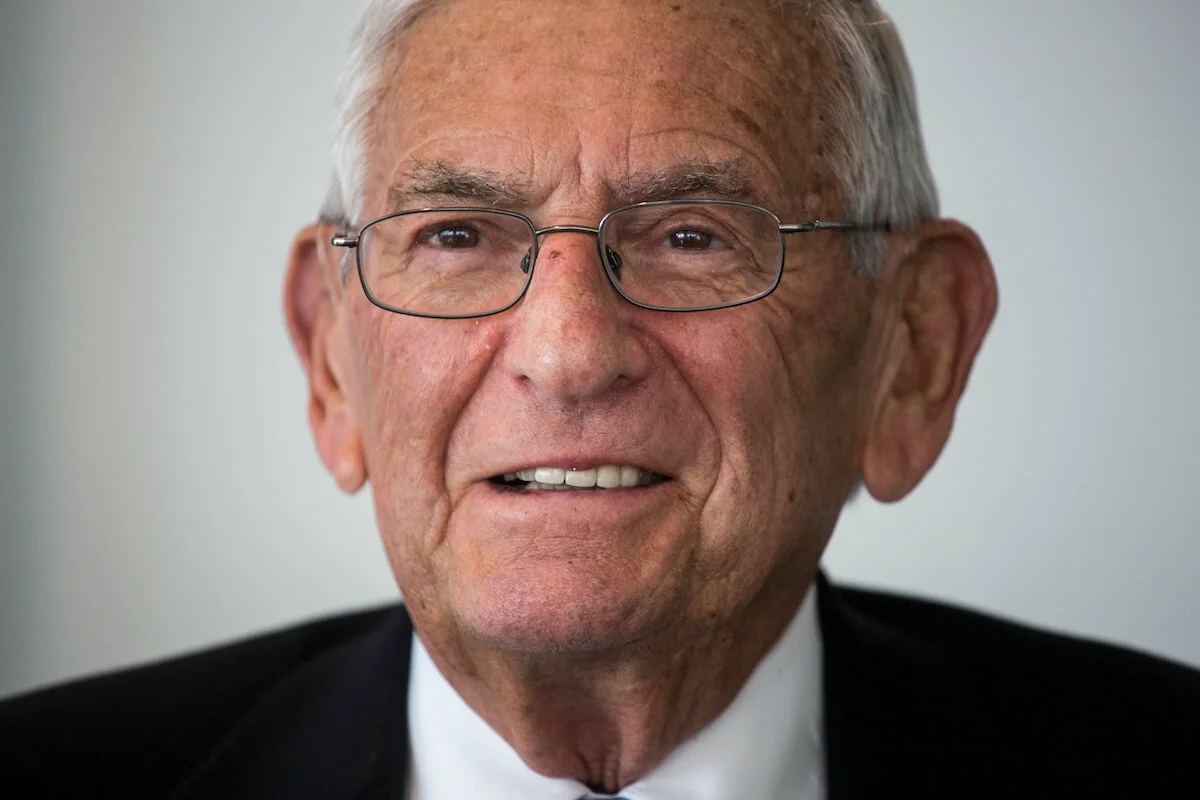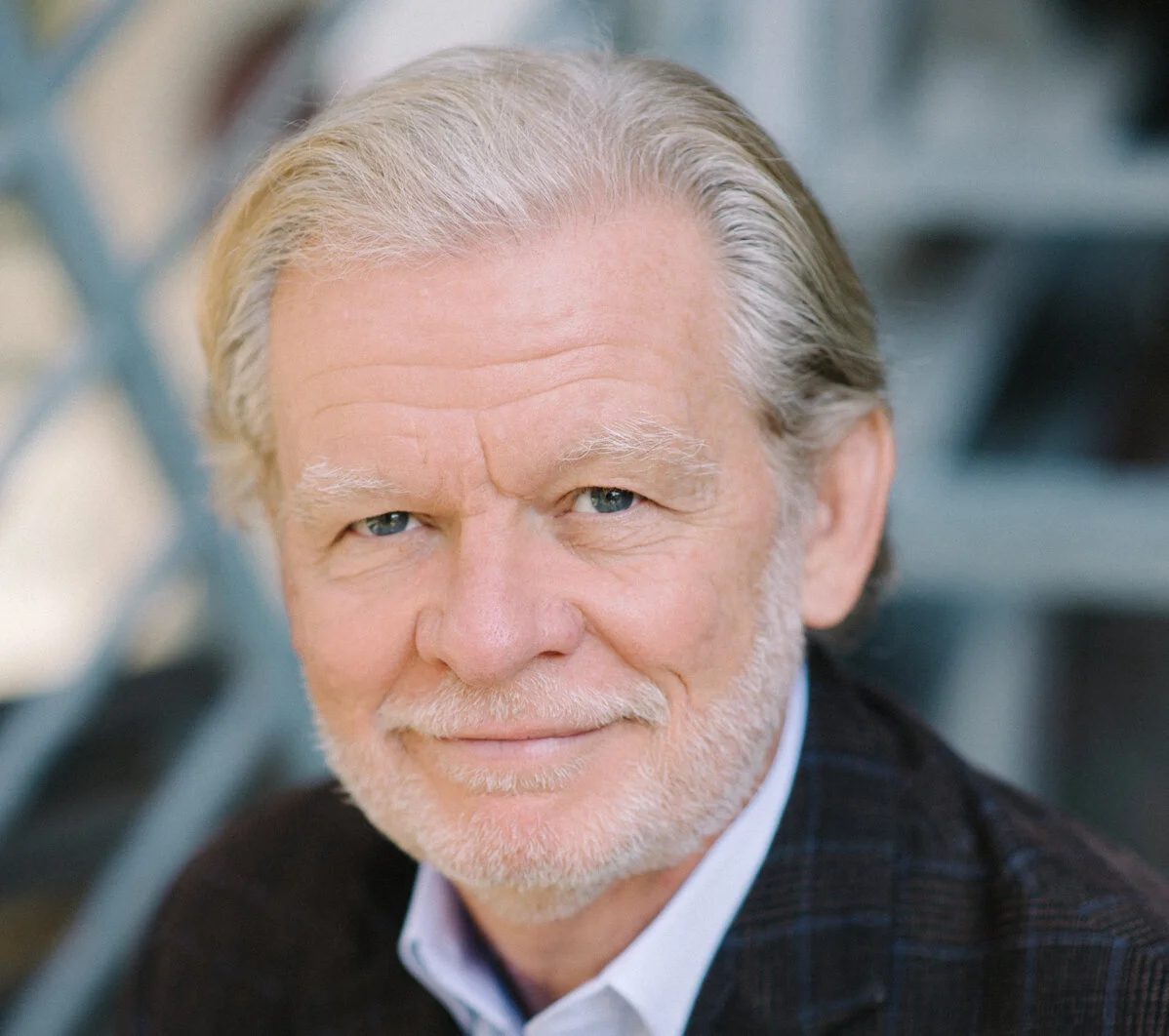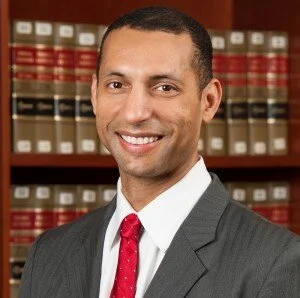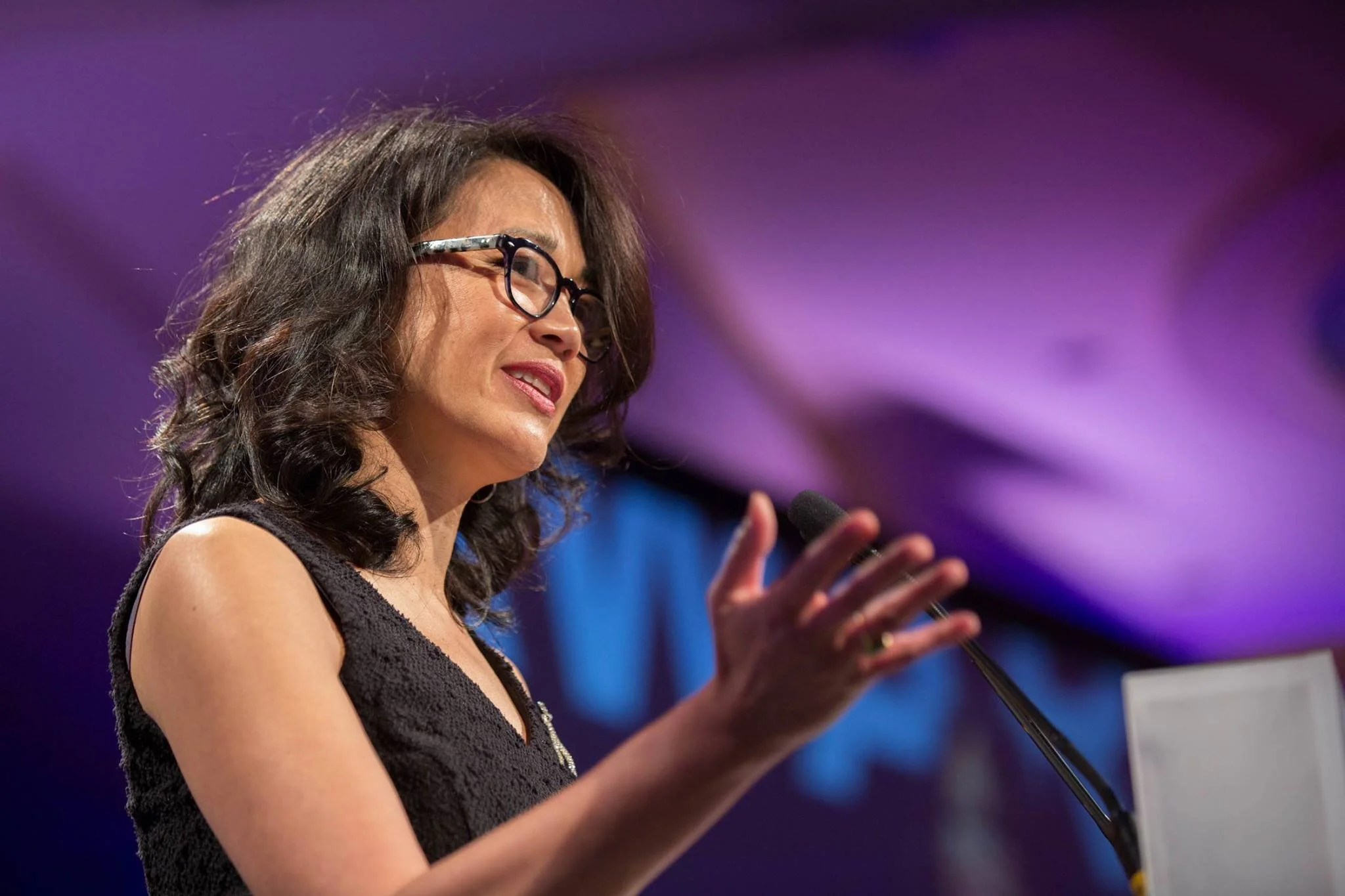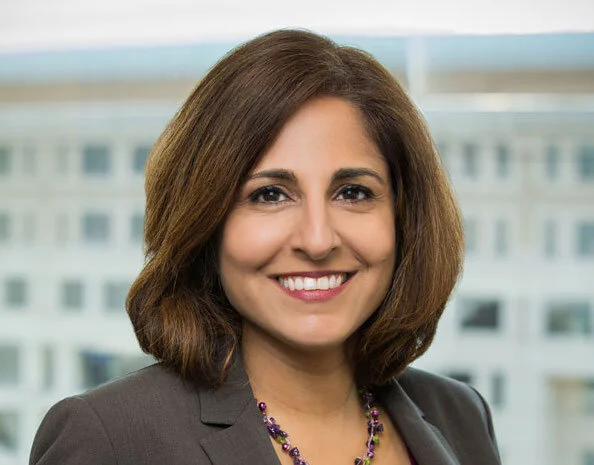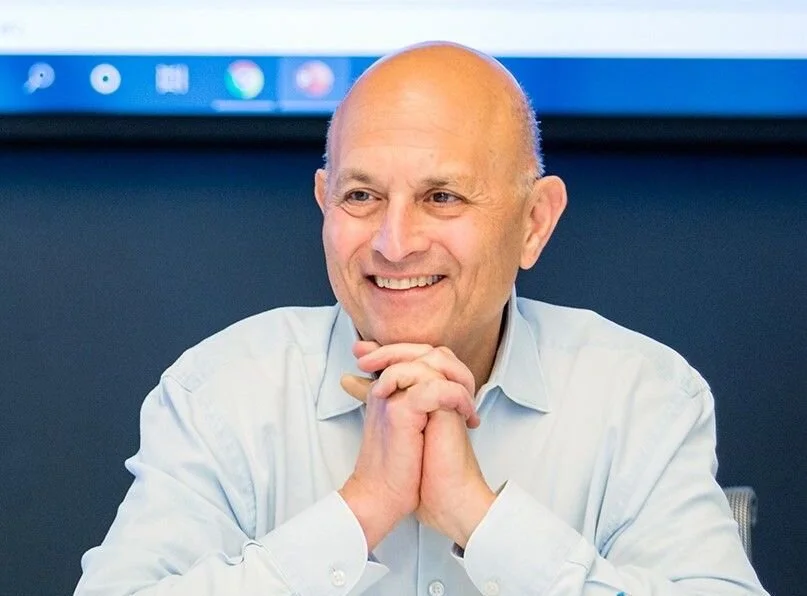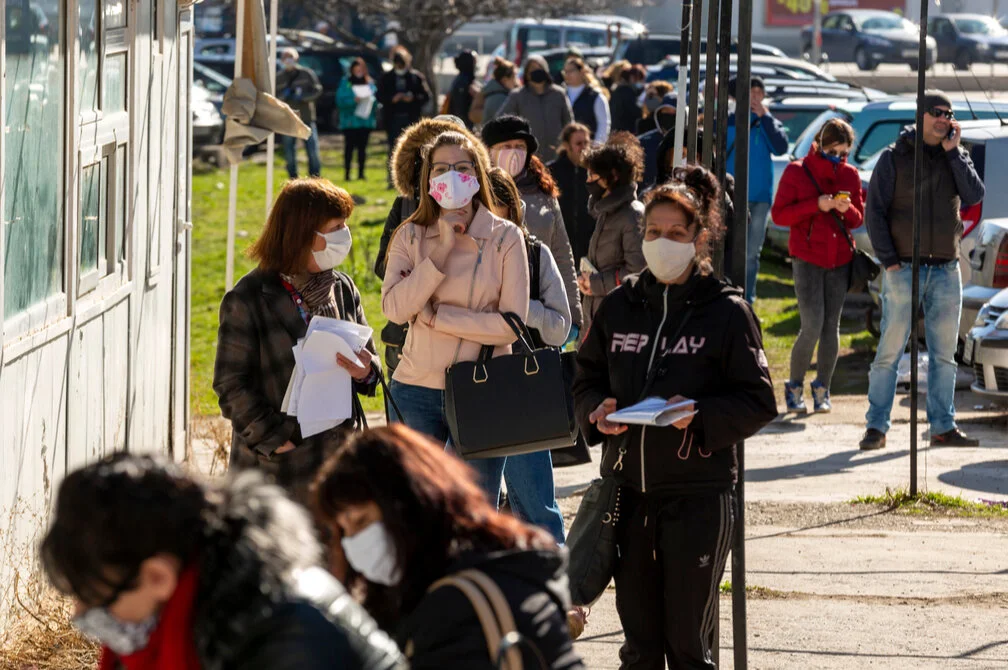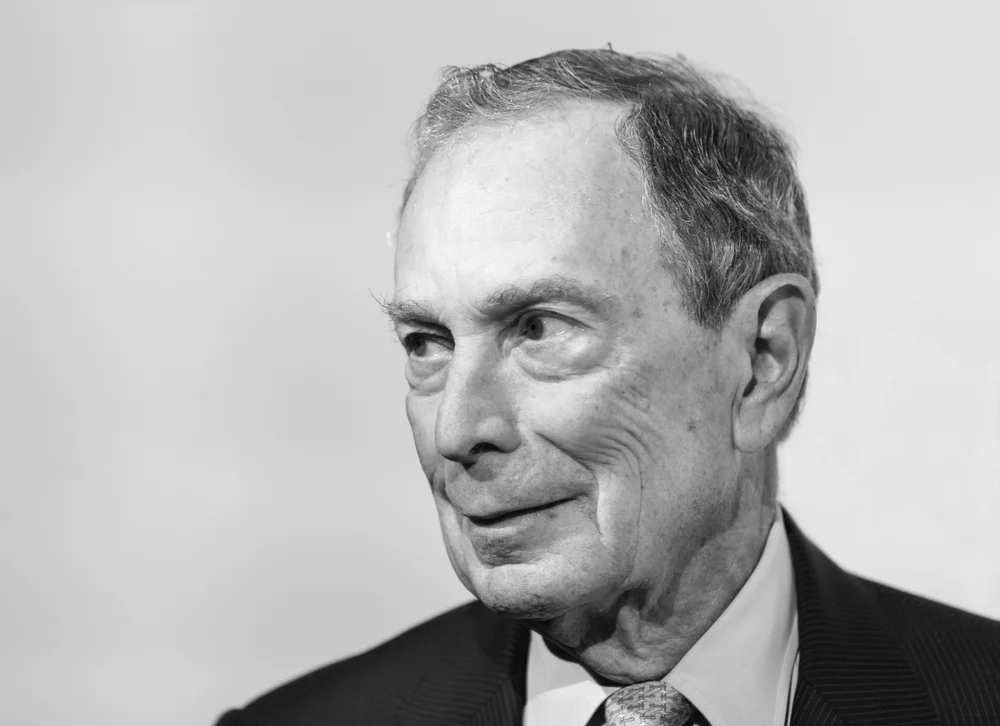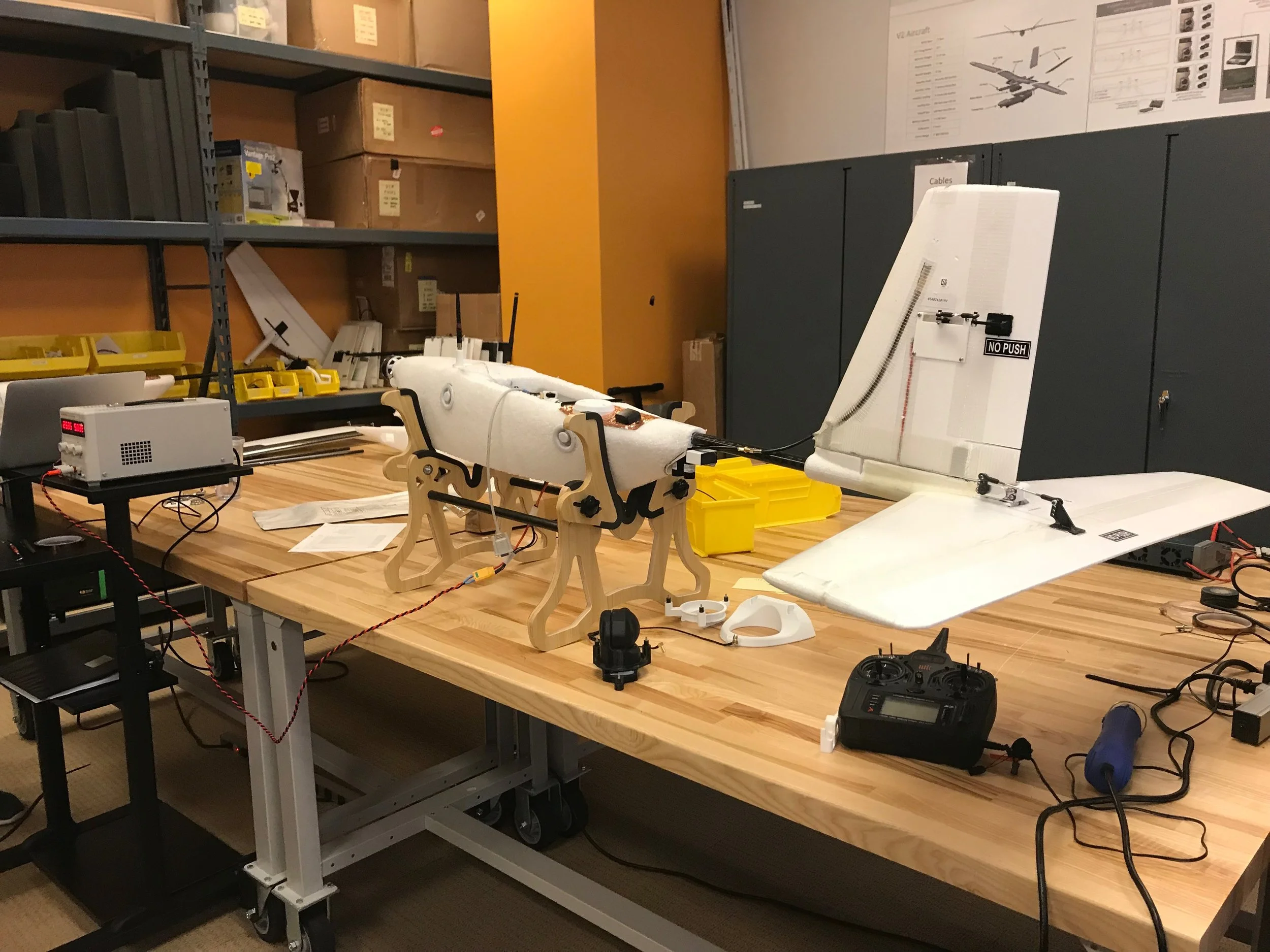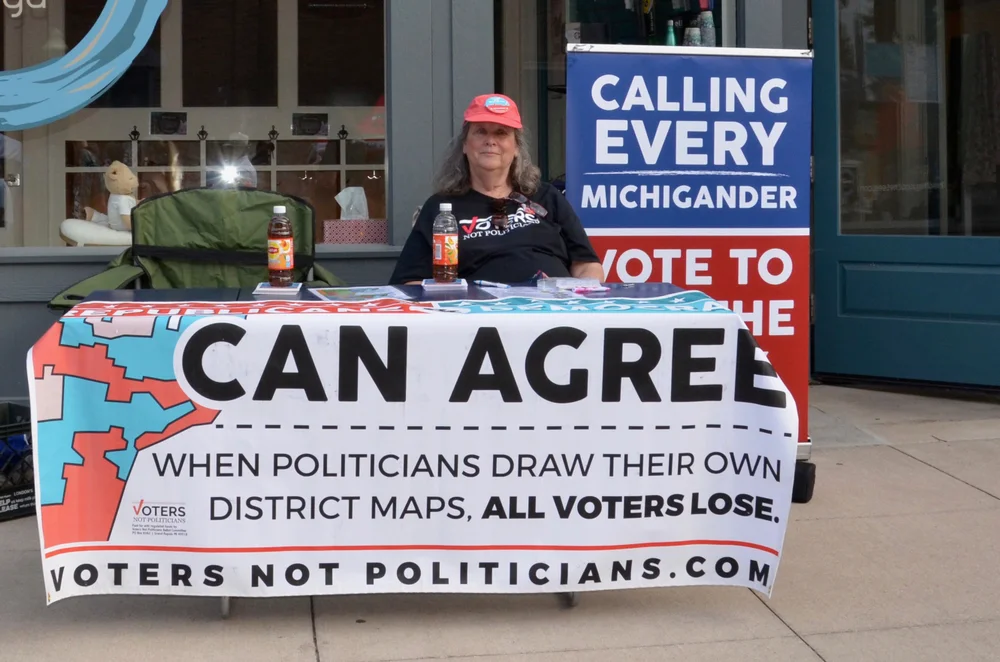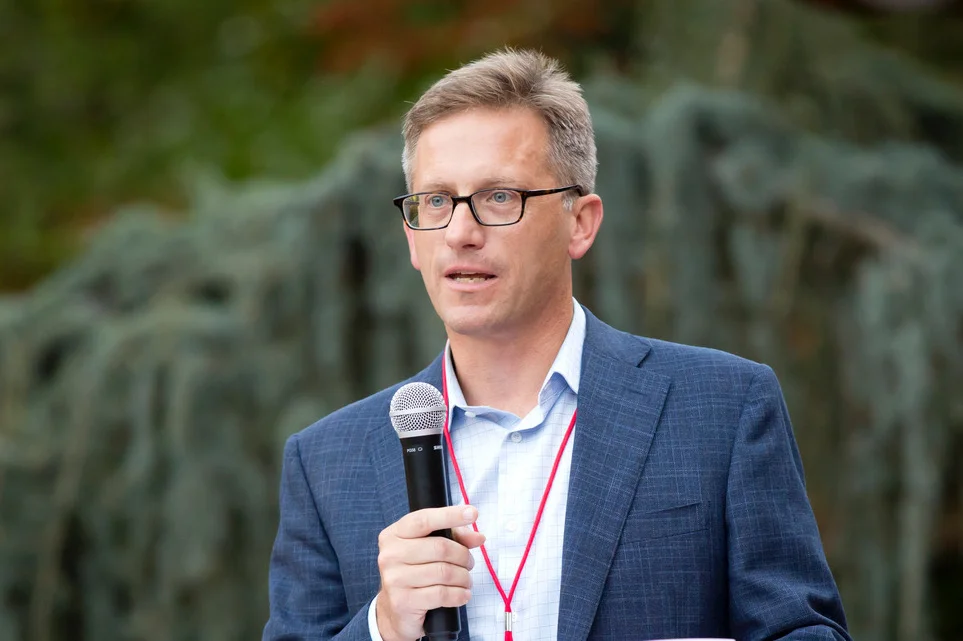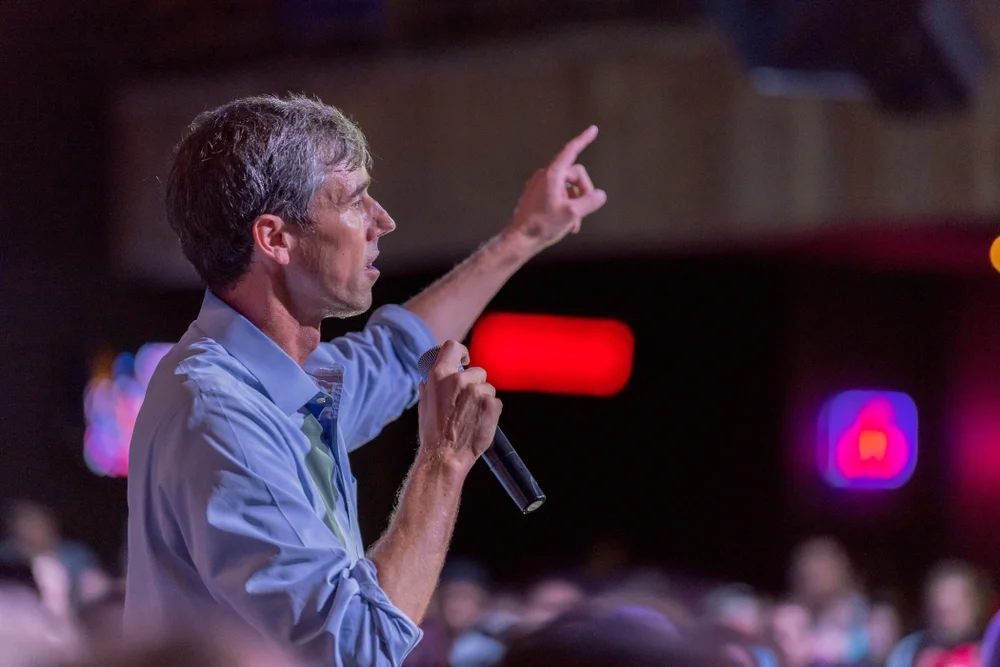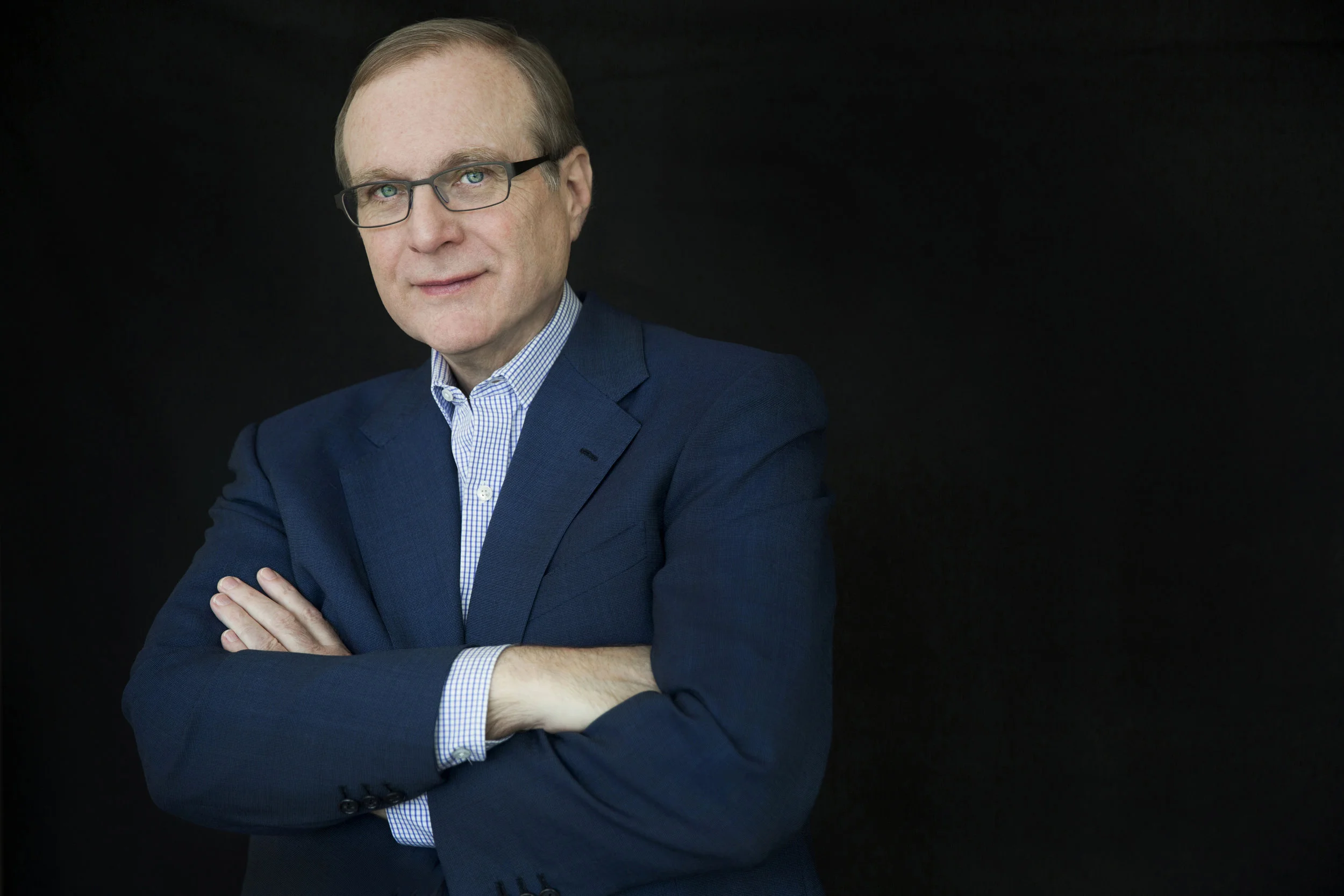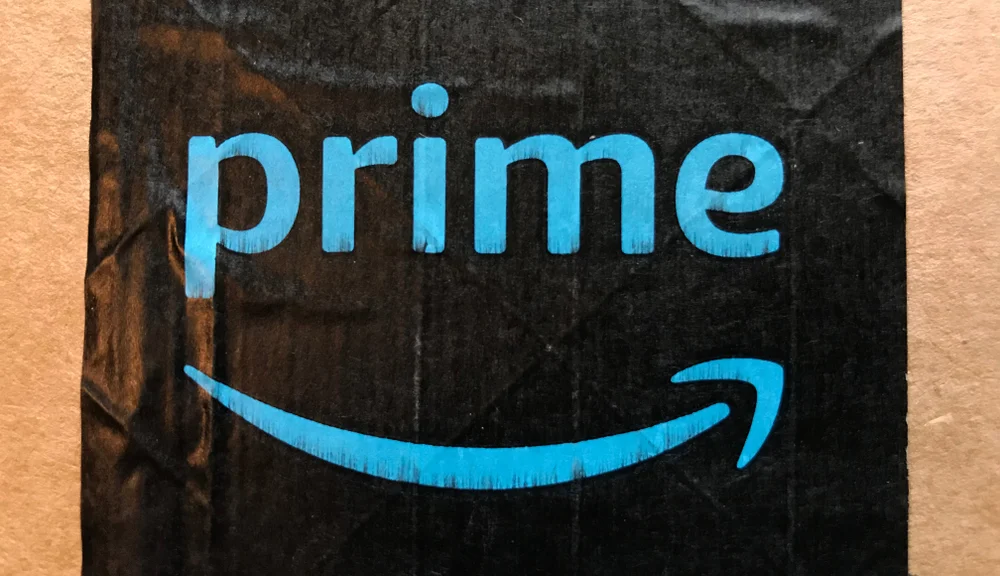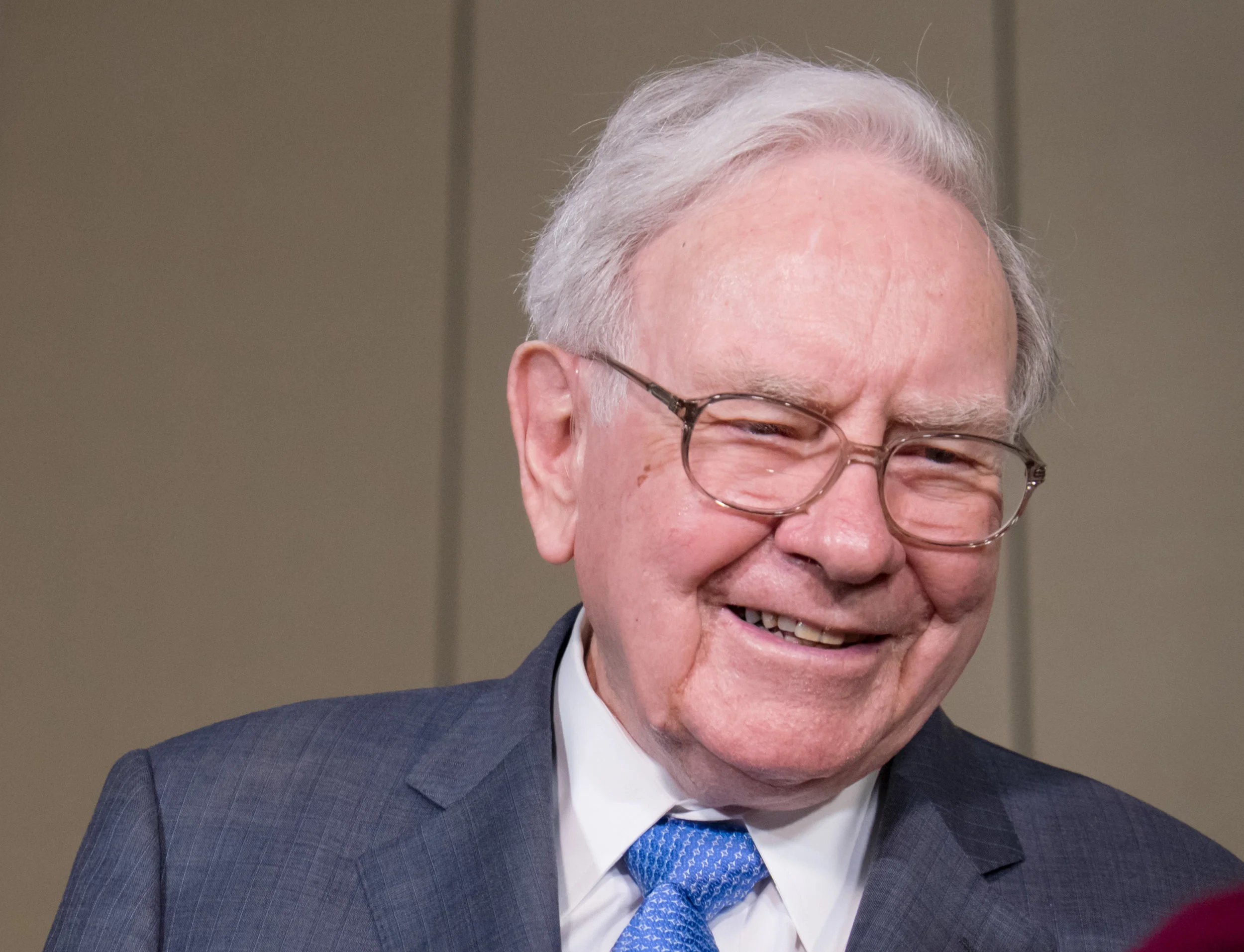One Way Mega-Donors Can Offset Their Clout: Empower Community Funders
/Some who worry about the rising influence of billionaire philanthropists, myself included, tend to be of two minds: We like the idea that the wealthy are harnessing their fortunes to social good and we're excited by the prospect of lots of new money flowing into the social sector.
What's a cause for concern, though, is that a tiny sliver of the population—which is already hugely powerful in U.S. society—is set to exercise even greater influence in coming decades through philanthropy. That influence has the potential to distort the priorities of both civil society and public policy by elevating the priorities of the super-wealthy—a group whose views on many issues differ from those of the general public. A future in which donors from the top .01 percent increasingly decide which nonprofits and ideas get backing feels out of step with the egalitarian ideals of U.S. society.
That's why it's appealing to contemplate ways for mega-donors to give away their historic fortunes without putting themselves in the driver's seat of civil society. The basic idea, here, is for donors to bankroll funding intermediaries closely attuned to, and/or representative of, the communities that will be affected by those grant dollars. The donors write the checks, but the intermediaries make the actual grantmaking decisions—perhaps using a participating grantmaking approach.
This idea isn't new. Some smaller progressive foundations, like Bread & Roses in Philadelphia, operate this way, and participating grantmaking has lately been making some important strides. Other responsive strategies that involve a lot of listening have also gained traction, and the Chorus Foundation's work is one example we've reported on.
Related:
- The Chorus Foundation's Radical Philanthropy
- Change, Not Charity: Bread & Roses Is Not Your Typical Funder
Meanwhile, of course, community foundations have a long history of serving as the middlemen between wealthy donors and local nonprofits. In addition to hosting donor-advised funds, where donors largely call the shots, community foundations typically have pots of grantmaking money where the staff calls the shots.
The suggestion that today's billionaire donors should turn over some portion of their wealth to community foundations has been kicking around for a while. But yesterday, in a letter published in the New York Times, Lorie Slutsky—who runs the New York Community Trust—resurfaced this proposal in the context of Jeff Bezos' request for ideas to guide his philanthropy.
Slutsky wrote that Bezos should "give his money to the more than 700 community foundations across the country, and urge others to give to their community foundations."
Slutsky didn't cite arguments about power and equity in making this suggestion. Instead, she invoked scope and effectiveness. "It's fine to place faith in just one issue area, but community foundations can help make the most impact on a range of issues in the place someone cares about. They are experts on local challenges, from homelessness and hunger to the environment and education."
Put this way, the idea doesn't sound so radical. Basically, billionaires who need to give away vast sums would lean heavily on outsourcing—a concept that many are well familiar with. And they'd be empowering front-line operators who are more likely to have their ear to the ground—another strategy that CEOs are familiar with and which has guided the creation of decentralized and flexible management strategies.
An infusion of major new funds could be transformative to the community foundation sector. Bezos alone has enough wealth to double the assets of all the community foundations in the U.S.—and still have quite a bit of money left over.
But even far smaller sums could greatly scale up the work of community foundations. Of the top 100 community foundations in America, the vast majority have assets under $1 billion—and hundreds more of these foundations don't even break the $100 million mark. Much of that wealth is effectively controlled by donors through DAFs, limiting discretionary grantmaking by expert staff and the potential for experimentation with participatory grantmaking or other responsive strategies. Boosting how much of this kind of money is available in such ways would be a big deal. And top billionaire donors could make a big difference here while still having plenty of money for giving that they control directly.
The best—and maybe only—example of a mega-donor empowering others to give away their money on a large scale is when George Kaiser made a multi-billion-dollar gift to establish the Tulsa Community Foundation, which is now the second-largest such institution in the U.S.
I wouldn't hold your breath that many other donors will gravitate to this idea. Today's top philanthropists, most of whom come from the business sector, often believe that a key added value they bring to solving social problems is their ability to think differently, try new approaches, take more risks, place smarter bets, and so on. Handing over the keys to the same nonprofit types who've been part of the status quo is unlikely to appeal to many top donors.
But as I said, for the richest of the rich, it doesn't have to be an either/or choice. Plenty of billionaire donors could direct major funds to community foundations and other intermediaries without crimping their ability to do their own directed giving. Indeed, a recurring complaint of wealthy donors is that it's hard to find institutions trying to solve problems that can absorb really large gifts (which is partly why universities scoop up so many of the biggest donations.) Giving big chunks of money to community foundations is one way to solve that problem. And, looking ahead, one could imagine the rise of a much more varied and robust sector of middlemen funders that embrace a deep responsiveness to key societal stakeholders and serves as a buffer to the outsized clout of mega-givers.
Further exploring these ideas is important, especially since most of the regulatory solutions to reducing the clout that the wealthy wield through philanthropy are problematic, as I've written elsewhere.
Related: Philanthropy’s Middlemen Are Getting Bigger and Have More Clout. Is That a Good Thing?

